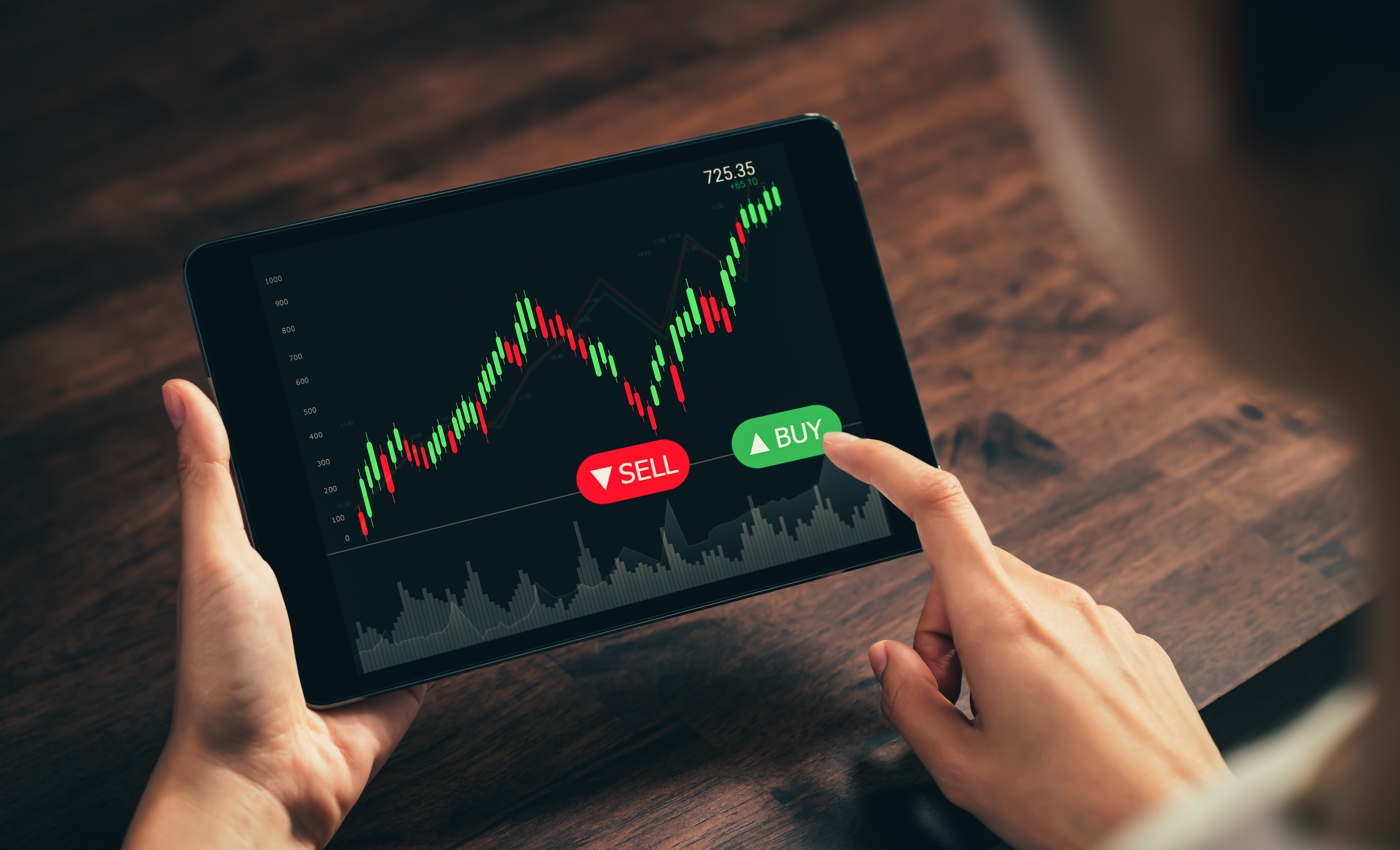Amid big downdrafts in stocks, it’s always interesting to see if company insiders are buying the dip.
While not a guarantee of future financial performance, when insiders use their own money to buy a significant amount of stock in the open market — over and above the stock they already receive as part of their compensation — it’s usually a promising sign of confidence.
While last week’s reciprocal tariff announcements shook the world on international trade, sending most tech stocks swooning, two brave insiders at AI-focused companies stepped in to buy millions of dollars of their newly discounted stock. Here’s who they are, and what they may be seeing.
Applied Materials CEO Gary Dickerson buys $6.9 million
Semiconductor equipment manufacturer Applied Materials (AMAT 16.00%) CEO Gary Dickerson wasted no time buying stock following “Liberation Day” on April 2.
Applied’s stock had actually been under pressure through the first half of the year, as the thought of a tariff-induced trade war, recession, or a slowdown in AI spending, perhaps because of the intriduction of DeepSeek in January, rattled investor confidence in the name. But the market swoon on April 3 took Applied another 8% down, bringing its stock price below $140.
That’s when Dickerson stepped in with a $6.9 million share purchase at an average cost of $137.30 per share. As of this writing, the stock is down even further to $129. So, investors, at least as of this writing, have the opportunity to buy at an even better price.
That is not to say there aren’t risks involved. After all, Applied Materials sells equipment that makes semiconductors, which are known to be cyclical. So, if there’s a recession as a result of these tariffs, that would likely depress demand. Moreover, Applied has significant business in China, which spiked last year as buyers may have bought ahead of these threatened tariffs. So China sales are projected to come down in the near term.
However, Applied actually has less China exposure, at under 30% this year, than most of its semicap equipment peers, according to a sell-side analysts at Jefferies. Moreover, Applied has a very diverse business, across etch and deposition, metrology, and ion implant machines, among others, serving all types of logic devices and memory chips. And it’s particularly exposed to some key technologies needed to produce the latest artificial intelligence chips such as gate-all-around transistors and backside power delivery.
Financially, Applied also has a rock-solid balance sheet and just raised its dividend by 15%.
What’s also encouraging was that this was Dickerson’s first insider purchase since September 2015, almost 10 years ago. Back then, Dickerson purchased 30,000 shares at a price of just $14.34. So even after this massive drawdown, Applied has still been almost a 10-bagger, not including dividends, over the past 10 years, and was at one point close to a 20-bagger as recently as last July. The stock has been nearly cut in half since then.
Although the past is not necessarily prelude, Dickerson’s buy is certainly worth noting, given the stock has been such a long-term winner.
CRM PE Ratio (Forward) data by YCharts
Salesforce’s board member and former United Airlines CEO buys $1 million
Another executive with a track record of successful dip-buying bought into the market swoon last week as well, when Salesforce (CRM 8.54%) director Oscar Munoz bought roughly $1 million in stock on Thursday, April 3, at a price of $257.28 per share. That’s slightly higher than the roughly $244 share price as of this writing.
Of note, Munoz also bought $500,000 worth of stock last June, following a disappointing earnings report. That purchase also proved prescient, at least in the near-term, as the stock rallied hard from there, marking a near-term bottom. And despite the massive 33.7% pullback from all-time highs, Salesforce shares are still higher than that June low today.
Munoz isn’t an executive at Salesforce but a director, but he was formerly the CEO of United Airlines. When there, he also bought stock on the open market near the lows in 2009.
Software companies have the potential to either be disrupted by AI, or benefit massively from it. But Salesforce appears to be taking an aggressive approach with AI agents, implementing them into its widely used customer service software at a very fast pace. Moreover, the company’s data-centric acquisitions over the years, such as Tableau and Mulesoft, are also very useful in maintaining and ordering enterprise data, which can then be used in AI applications.
Salesforce currently sells at about 22 times forward warnings, which is at the lower end of the historical range. And while the recent tariff-oriented uncertainty has thrown those earnings into doubt, Munoz clearly thinks the uncertainty is an opportunity, and that Salesforce’s AI initiatives will pay off over time.

